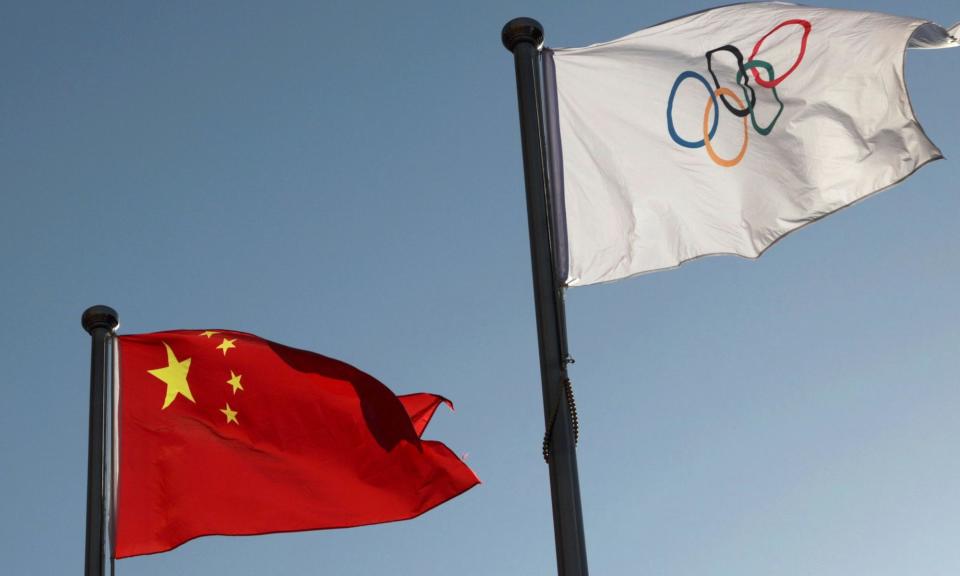Wada hits back at ‘damaging’ bias accusations over handling of China case

The World Anti-Doping Agency has dismissed allegations that it is biased in favour of China as “damaging and baseless” and asked an independent prosecutor to review its handling of the case of 23 Chinese swimmers who were cleared of doping.
Wada said that the Swiss prosecutor Eric Cottier would be granted “full and unfettered access” to all its files and documents related to the case before reporting back in the next two months before the Paris Olympics.
The global anti-doping body also said it would be sending a compliance audit team to China in order to assess the current state of the country’s anti-doping programme.
Related: Sport Integrity Australia joins calls for review of Chinese swimming’s doping saga
However, Travis Tygart, the head of US Anti-Doping and a staunch critic of Wada, accused it of using a “cherrypicked attorney from its own back yard”.
“By calling this an ‘independent’ investigation, Wada leadership is trying to pull the wool over our eyes,” he said. “Instead of Wada’s hand-picked lawyer with a limited and self-serving scope of review, the world’s athletes deserve a truly independent review commission with a wide scope of review.”
The announcement follows intense criticism from the US and UK Anti-Doping agencies after it emerged last week that the Chinese swimmers had tested positive in 2021 for the banned heart drug TMZ, but were then exonerated by the Chinese Anti-Doping Agency (Chinada).
Chinada found that the swimmers were staying in a hotel where traces of TMZ were found in the kitchen, the extraction unit, above the hall and drainage units and ruled they had committed no fault. Wada concluded that it did not need to appeal that decision after consulting with scientific experts.
The fact that the story only emerged nearly three years later led to criticism of Chinada and Wada, with Tygart accusing them of having “swept these positives under the carpet by failing to fairly and evenly follow the global rules that apply to everyone else in the world”.
Wada said Cottier would be asked to examine two questions. First, “whether there was any indication of bias towards China, undue interference or other impropriety in Wada’s assessment of the decision by Chinada not to bring forward anti-doping rule violations against the 23 Chinese swimmers?”
Second, was the decision by Wada “not to challenge on appeal the contamination scenario put forward by Chinada a reasonable one?”
Speaking after the decision was taken by his executive committee, Wada’s president, Witold Banka, again insisted that any criticisms were unfair. “Wada’s integrity and reputation is under attack,” he said. “In the past few days, Wada has been unfairly accused of bias in favour of China by not appealing the Chinada case to the court of arbitration for sport. We continue to reject the false accusations and we are pleased to be able to put these questions into the hands of an experienced, respected and independent prosecutor.”

 Yahoo Sport
Yahoo Sport 



































































